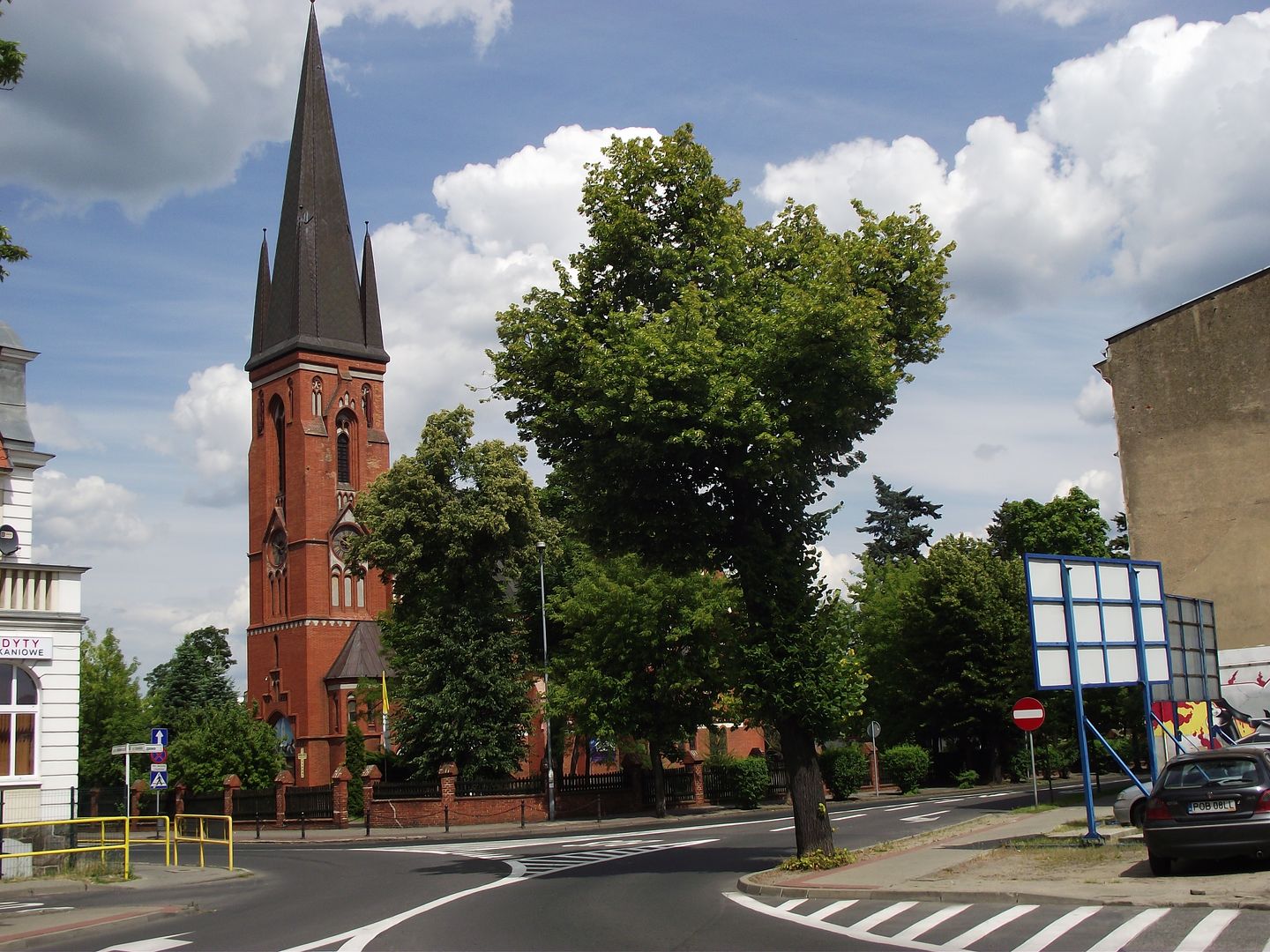Oborniki
6.4

Overview
Oborniki is a town in the Greater Poland Voivodeship, situated on the Warta River, known for its rich history and architecture. Established before 1292, it was granted town rights in 1312, with the first written mention dating back to 1299. The town boasts numerous historical monuments, including the Gothic Church of the Assumption of the Blessed Virgin Mary from the turn of the 15th and 16th centuries, and a 19th-century Neo-Gothic Evangelical church. The market square, laid out in the 13th century, features influences from 19th and 20th-century architecture. Oborniki has a dynamic history, having endured events such as the Swedish Deluge and the period of partitions. Its residents actively participated in national uprisings, and after World War II, the town became the seat of a county. Oborniki is also economically developing thanks to its convenient location near National Road 11 and the Poznań-Piła railway line. The town thrives in education, sports, and culture, with the Oborniki Cultural Center and public library playing leading roles. An interesting fact is the presence of football players in the local club Sparta Oborniki, which has achieved success in the third league. Oborniki is active internationally, with several partner towns, highlighting its openness to cooperation. The town comes alive during the annual Oborniki Days celebrations in June and benefits from the diversity of religious communities that enrich local culture.
Location
You can also find here:
2026 Wizytor | All Rights Reserved
